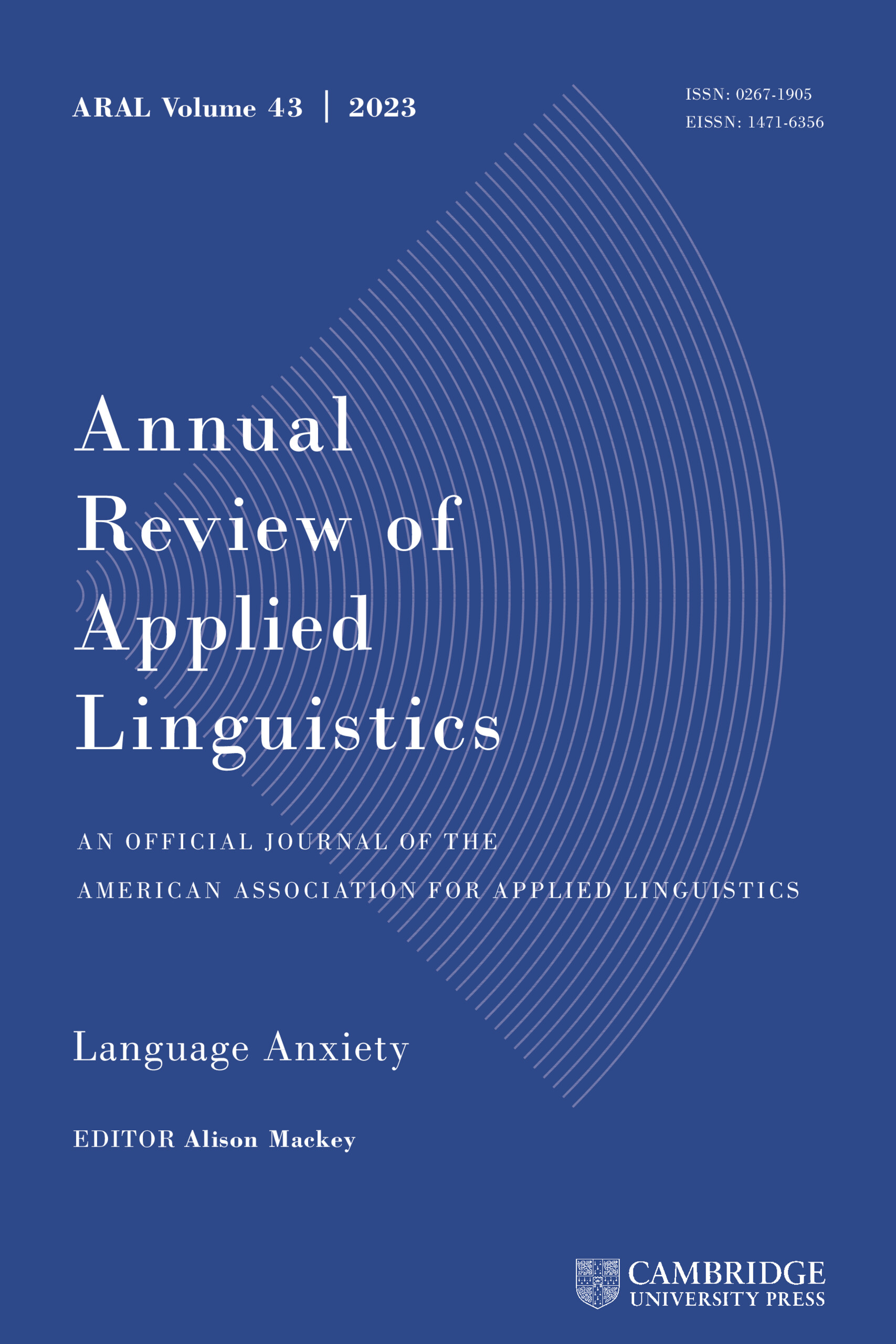Article contents
The Complexity of Study Abroad: Stories from Ethnic Minority American Students in China
Published online by Cambridge University Press: 03 October 2018
Abstract
This study focuses on the experiences of two African American and three Chinese American college students studying in China during the 2013–2014 academic year. Data were analyzed both quantitatively and qualitatively. Quantitatively, all five students made progress in their Chinese proficiency, measured by test scores, lexical diversity, and total amount of language produced in each conversation. Qualitatively, the following themes emerged: (a) interactions with Chinese people outside the classroom, (b) how the concept of “self” was viewed by the Chinese people, (c) personality factors, and (d) the language progress. The student who did not enjoy the experience as much as the other students was ethnic Chinese with the highest level of Chinese proficiency. The explanation might be a mismatch between her ideal subject position of a successful language learner and the perceived subject position of a local Chinese person. This study provides additional evidence to show that experience abroad is complex and highly individualized. Even students from the same ethnic groups might have different experiences. Factors such as personality, prior cross-cultural experiences, language proficiency, expectations, and self-identification interact with each other in complex ways to influence the students’ experience abroad. Encouraging students to cultivate a more outgoing self in their second language (L2) might help them better take advantage of the study abroad experience.
- Type
- Research Article
- Information
- Copyright
- Copyright © Cambridge University Press 2018
References
REFERENCES
- 16
- Cited by




